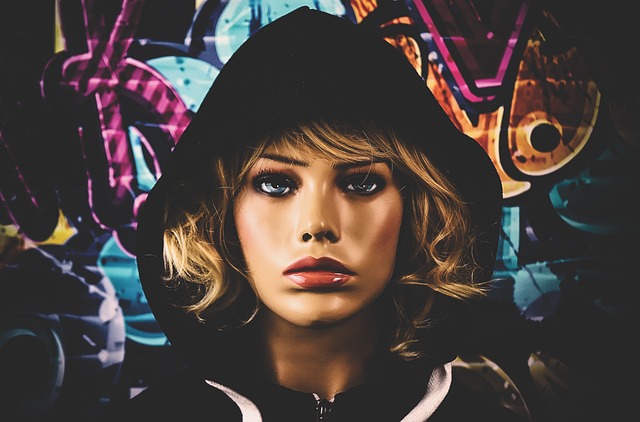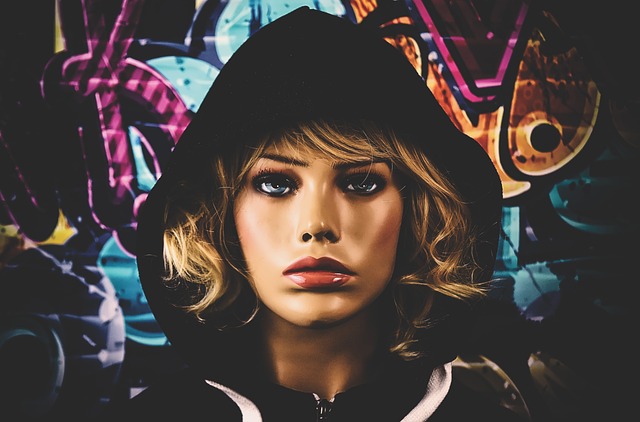-
Table of Contents
- The Future of 3D Model Artificial Intelligence: A Comprehensive Guide
- Table of Contents
- How AI Transforms Traditional 3D Workflows
- Gaming and Virtual Worlds
- Healthcare and Medical Imaging
- Best AI-Driven 3D Modeling Software
- Disney’s AI-Generated Characters
- Data Quality and Training
- Generative AI and Customization
- Conclusion
“`html
The Future of 3D Model Artificial Intelligence: A Comprehensive Guide

3D model artificial intelligence is revolutionizing industries from gaming to healthcare, offering unprecedented efficiency and creativity. If you’ve been struggling to harness its potential, this guide will provide actionable insights, real-world examples, and expert advice to help you master this transformative technology.
Table of Contents
- Understanding AI-Powered 3D Modeling
- Key Applications of AI in 3D Modeling
- Top Tools and Techniques
- Success Stories and Case Studies
- Overcoming Common Challenges
- Future Trends to Watch
Understanding AI-Powered 3D Modeling
Artificial intelligence enhances 3D modeling by automating repetitive tasks, improving accuracy, and enabling rapid prototyping. For instance, AI algorithms can generate intricate textures or optimize mesh geometry with minimal human intervention. Transitioning to this technology requires a solid grasp of its core principles.
How AI Transforms Traditional 3D Workflows
Traditional 3D modeling often involves labor-intensive processes. However, AI-driven tools like Autodesk’s AI solutions streamline tasks such as:
- Automated retopology
- Real-time rendering adjustments
- Predictive design suggestions
Key Applications of AI in 3D Modeling
From architecture to entertainment, AI-powered 3D modeling unlocks new possibilities. Below are some standout use cases.
Gaming and Virtual Worlds
Game developers leverage AI to create lifelike environments and characters. For example, NVIDIA’s Canvas tool converts simple sketches into detailed 3D assets, saving countless hours.
Healthcare and Medical Imaging
AI-generated 3D models improve surgical planning and patient education. Companies like 3D Systems use this technology to produce accurate anatomical replicas.
Top Tools and Techniques
Choosing the right tools is critical for success. Here’s a breakdown of leading options.
Best AI-Driven 3D Modeling Software
- Blender with AI add-ons: Enhances sculpting and animation.
- Adobe Substance 3D: Streamlines material creation.
- Kaedim: Converts 2D images to 3D models instantly.
Success Stories and Case Studies
Real-world examples demonstrate the power of AI in 3D modeling.
Disney’s AI-Generated Characters
Disney Research used machine learning to automate facial animation, reducing production time by 40%. Learn more in our related article.
Overcoming Common Challenges
While promising, AI-assisted 3D modeling isn’t without hurdles.
Data Quality and Training
Poor datasets lead to subpar results. Invest in high-quality training data and refine algorithms iteratively.
Future Trends to Watch
The evolution of 3D model artificial intelligence shows no signs of slowing down.
Generative AI and Customization
Tools like OpenAI’s GPT-4 could soon generate 3D models from text descriptions, democratizing design.
Conclusion
3D model artificial intelligence is a game-changer, offering speed, precision, and innovation. By leveraging the right tools and strategies, you can overcome challenges and stay ahead of trends. For further reading, explore our articles on AI in design and the future of 3D printing.
“`



Leave a Reply